Features
EPISTEMOLOGIES OF FREEDOM
Interview with a Young Kurdish Revolutionary

by Eleanor Finley, Institute for Social Ecology
In the last year, the small Syrian city of Kobane and its gender-liberated, stateless revolution has captured the attention of Leftists across the world. The following interview was conducted with Sherhad Naaima, a young revolutionary from Kobane and a student of Ocalan's thinking. It offers a brief account of his experiences as well as some reflections on the Rojava Revolution, social ecology, and Turkey's recent betrayal of the Kurdish Movement.
What was it like growing up in West Kurdistan? What does your family do?
I was born in 1991 to a Kurdish family in a village outside of Kobane. Kobane is a part of the Aleppo Governorate in Syria. My father is a worker, but he could not find a job in Kobane, so my family traveled to Damascus. There I studied English literature at Damascus University and my eldest brother became a journalist. But once the war and violence sparked, we left our studies and returned to our village.
PARAMILITARY TERROR IN THE PHILIPPINES
Is the Army Turning a Blind Eye to Murder?
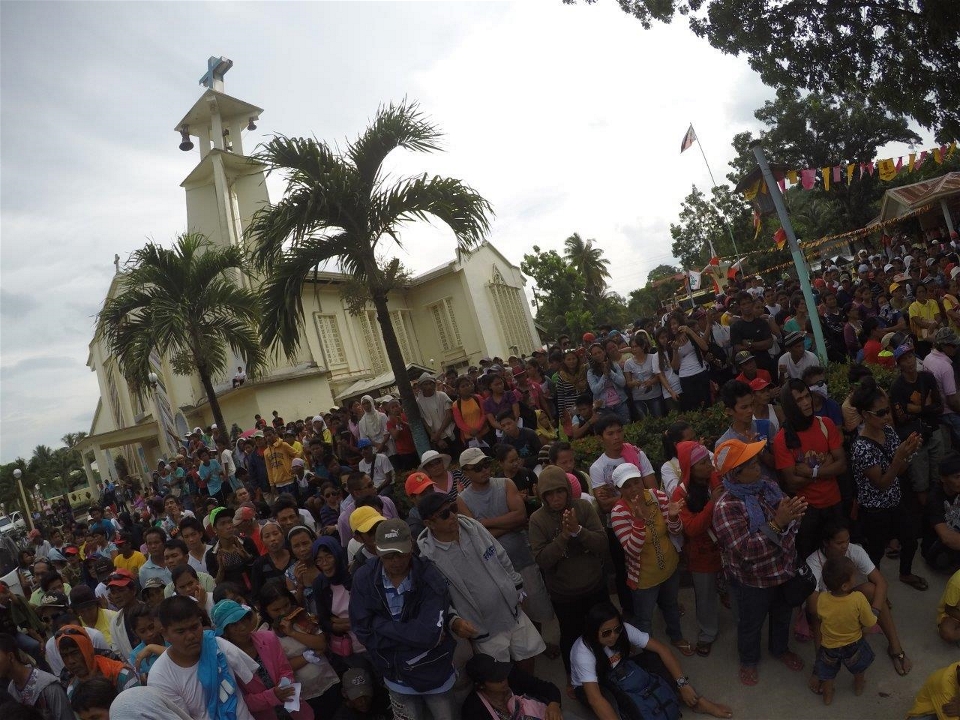
by Jason Gutierrez, IRIN
MANILA — Has the Philippine army been in cahoots with armed groups accused of murdering civilians in the southern region of Mindanao? That's the focus of an investigation the government has finally agreed to undertake.
Responding to pressure inside and outside the country, including from the United Nations, the government said on September 22 that it would probe the killings of three indigenous rights activists earlier this month. Now, Justice Secretary Leila de Lima has said the investigation will be broadened to look into the wider roles of paramilitaries and their supporters.
FOR SOLIDARITY, AGAINST IMPERIAL NARCISSISM
An Interview with Bill Weinberg
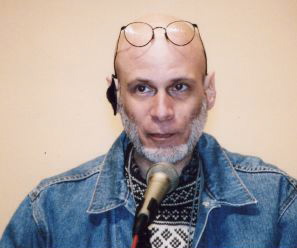
by Andy Heintz, Balkan Witness
Bill Weinberg has worked vigorously, through his World War 4 Report website (started after 9-11), to tell the stories of progressive forces in the Middle East— like the Rojava Kurds in northern Syria, the Local Coordination Committees that helped spark the Syrian revolution, the labor unions in the Iraqi oil-fields, and the Organization of Women's Freedom in Iraq.
Reminiscent of George Orwell's outraged and morally precise criticisms of leftist supporters of Joseph Stalin, Weinberg has no patience for so-called leftists who champion war criminals as anti-imperialist heroes because they happen to be enemies of the United States. On this subject, and the lack of leftist support for progressives struggling against dictatorships and jihadist groups in foreign countries, Weinberg’s anger scorches the page.
JAPAN'S CONSTITUTIONAL CRISIS
Questioning US Support for Tokyo's National Security Moves
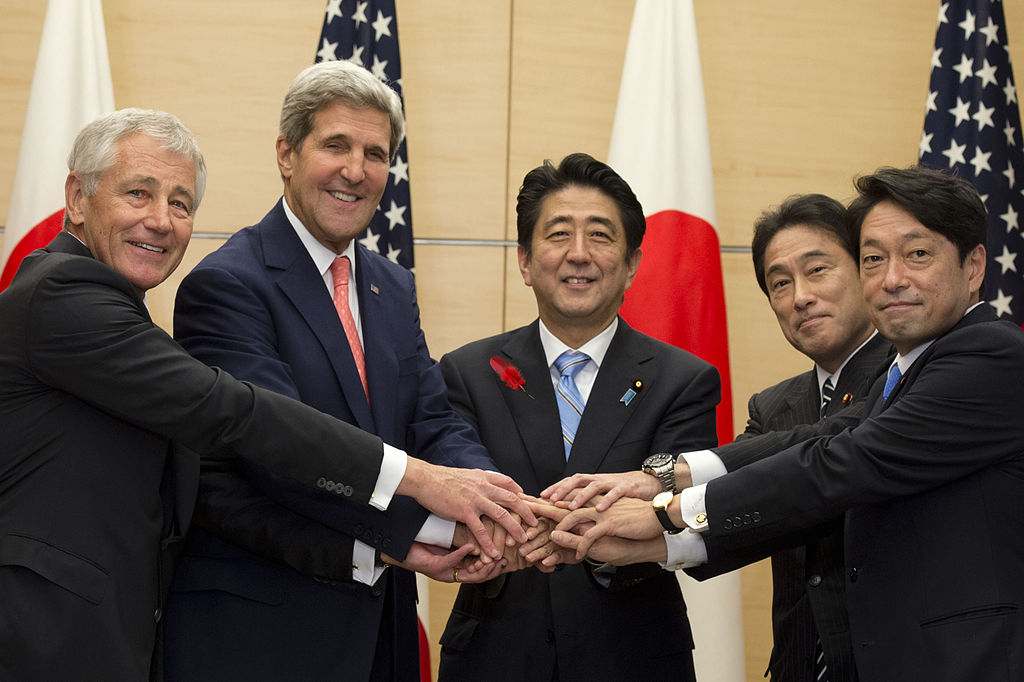
by Craig Martin, Jurist
On August 30, tens of thousands of Japanese citizens demonstrated outside of the Diet (parliament), and in other cities across Japan, protesting against draft national security legislation that would expand the permissible operations of the Self-Defense Forces (SDF). The bills are the culmination of an effort by Prime Minister Shinzo Abe to expand Japan's role in international collective security efforts. To do so, however, the government has sought to "reinterpret" Japan's constitutional limits on the use of military force, in a manner that circumvents the formal constitutional amendment process, and thereby undermines the rule of law and constitutionalism in Japan.
It is this process as much as the substance of the bills that has provoked the protests and triggered a constitutional crisis in Japan. Yet these developments have been largely welcomed in US policy circles. The objectives may be in America's short-term interest, but a deeper understanding of the issues and a longer-term perspective would caution against US endorsement of this illegitimate process.
AFGHANISTAN'S PARAMILITARIES
Abuses Rise Along with Pro-Government Militias
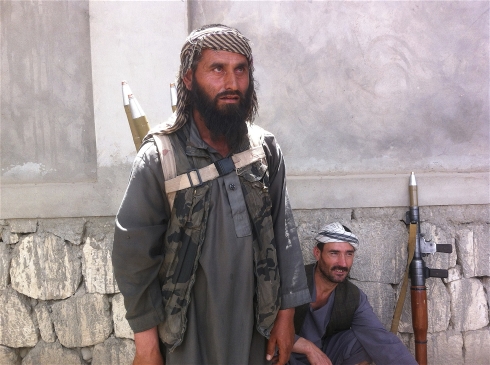
by Bethany Matta, IRIN
KUNDUZ — When 30 Kalashnikov-toting men came to Mohammad Miakhil's house demanding he donate a large sum of money and three tons of wheat to their Afghan government-aligned militia, he knew it was time to leave. "They gave us two hours to pay," said Miakhil. "If not, they would set our house on fire and kill my family."
Miakhil could not afford to hand over such a large portion of his harvest and 120,000 afghanis (about $1,000), so his family joined the exodus from Khanabad, a district in northern Kunduz province that has become a frontline in the war between the Taliban and government forces.
U.S. FAILING KIDS FLEEING CENTRAL AMERICA
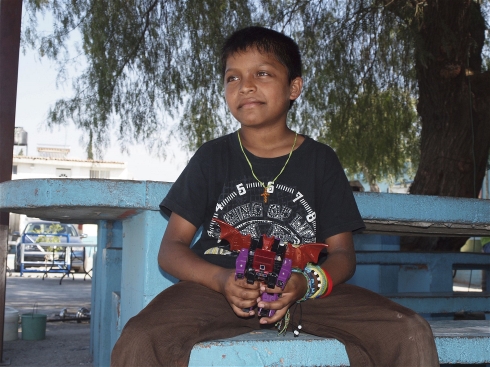
by Philippa Garson, IRIN
NEW YORK — Fleeing gang violence in his hometown near San Pedro Sulas in Honduras, 14-year-old Gredys Alexander Hernández tried to reach safety in the United States, only to be intercepted in Mexico and sent back. Two days later, just as he was about to re-attempt the journey, masked gangsters burst into his house and shot him dead.
Honduran police say Hernández was murdered because he had witnessed gangsters killing his sister's boyfriend. The authorities in Honduras say he failed to tell staff at the migrant processing center there that his life would be in danger if he was sent home.
Hernández's story illustrates how mechanisms put in place to stop an unprecedented influx of unaccompanied minors from Central America to the southern US border—which peaked last summer—are failing scores of children fleeing violence in their native countries.
SO MUCH FOR SANCTUARY
How an EU Asylum Rule 'Results in Death'
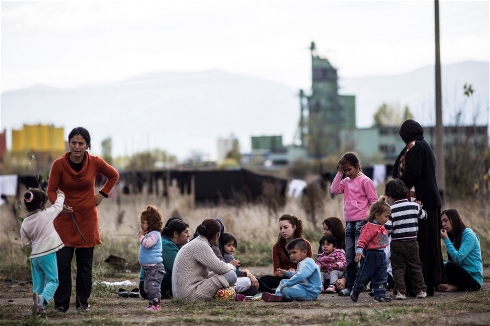
by Kristy Siegfried, IRIN
OXFORD — On Aug. 27, Austrian police opened the back of a truck abandoned on the side of a motorway to find the bodies of 71 migrants. They had suffocated after paying smugglers to transport them across the border from neighboring Hungary. The bodies were so decomposed it took a day to determine the number of dead.
Some, perhaps all, were Syrian refugees, most likely trying to reach Germany. Despite having made it into the EU's passport-free Schengen zone, they still felt the need to travel clandestinely to avoid being fingerprinted and registered for asylum in Hungary, which would have offered them few opportunities to work or integrate.
"This tragedy comes as a cruel reminder that the Dublin Regulation results in death," commented Hungarian NGO Migszol in a blog posted shortly after the news broke. "What we need is a safe passage through our country, and for that, we need to fight the European legislation."
UIGHURS CAUGHT IN THE GREAT GAME

by Anneliese Mcauliffe, IRIN
BANGKOK — Despite Thailand's recent deportation of 109 ethnic Uighurs to China where they could face torture, about 60 members of the persecuted minority who remain in detention are refusing to register with the United Nations as asylum seekers.
Uighur activists say the detainees are likely reluctant to apply for asylum because they do not trust that the UN will be able to prevent their deportation, and they are afraid that personal information provided during the registration process could fall into the hands of Chinese authorities and endanger their families.
Seven weeks after Thailand deported the group of 109 to China, the future is uncertain for the remaining Uighurs, a Turkic-speaking Muslim minority from China's western region of Xinjiang. Their forced removal sparked protests in Turkey against the Chinese embassy and the Thai consulate, as well as Chinese-owned businesses.















Recent Updates
8 hours 31 min ago
11 hours 48 min ago
1 day 6 hours ago
1 day 7 hours ago
2 days 16 hours ago
2 days 16 hours ago
4 days 16 hours ago
5 days 6 hours ago
5 days 7 hours ago
5 days 7 hours ago